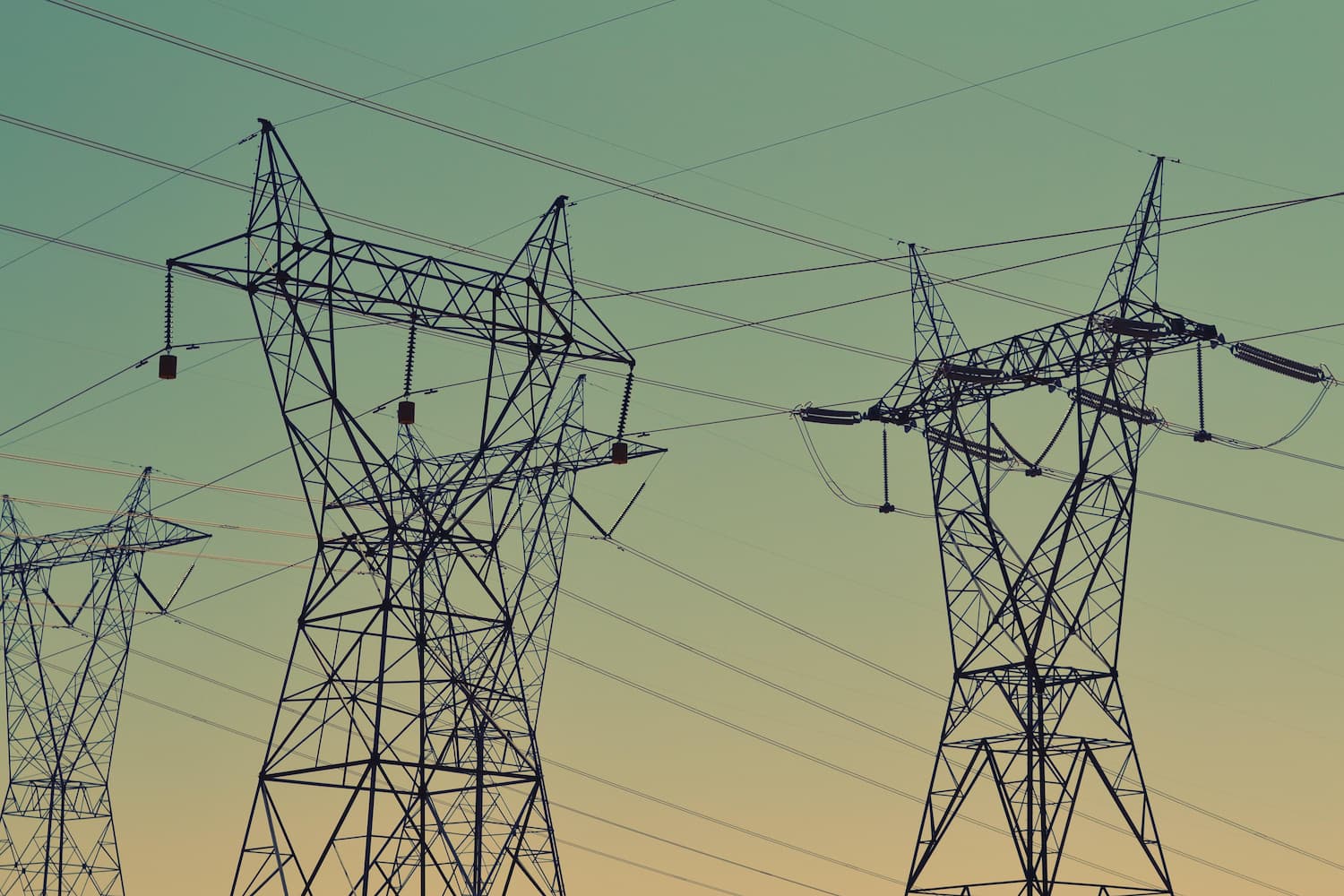Loading
The explosion of energy prices leads, these days, everyone to wonder about the best way to lower their electricity bills. The war in Ukraine, the gas shortage, the failure of the French nuclear power plants and this summer's record drought have made Swiss households discover the complexity of the electricity market, which few people cared about.
The current energy crisis has and perhaps for a long time to come, undermined the desire to liberalize the market. The key phrase now, repeated by distributors and public authorities alike, is energy sobriety and carbon neutrality. In this context, what role can digitalization play? Can it help consumers to better control their consumption? Can it improve the relationship between DNOs, the distribution network operators, and their customers? Can it contribute to the objective of energy sobriety?
Several high-tech companies, including ELCA, are active in the energy sector and propose applications to make this market more transparent.
Prices soar, private individuals react
Since 2009, large customers whose energy consumption is equal or superior to 100'000 kWh per year have the possibility to freely choose their electricity supplier. This has not protected them from the current explosion in electricity prices.
For everyone else, however, there is no free choice. People living in Moutier, Geneva or Fribourg cannot choose their partner, because unlike in neighboring European countries, electricity suppliers in Switzerland still have a regional monopoly for private customers and SMEs.
In order to cope with the steep increase in tariffs, customers have no choice but to act themselves to reduce their bills. And they are increasingly turning to autonomous renewable energy production systems. It's a rush to buy photovoltaic panels, charging stations and heat pumps. This is the only good news in this energy crisis we are going through.
The distribution network operators, not being tied to the delivery of electricity, find themselves subject to a strong growth in market demands. And competition promises to increase among the hundreds of suppliers in the country. The key challenge is to adapt to these accelerating market conditions.
Energy suppliers must reinvent themselves
To reduce their bills and their carbon footprint, customers are looking for players who can offer them complete solutions to optimize their consumption and ultimately their cost.
Installers must therefore reinvent themselves to meet demand, and that's where high-tech companies like ELCA come in. Last year,
ELCA launched a new initiative to help distributors improve their customer management. The solution aims at helping them on the whole customer relationship cycle: a 360° customer service module, where the operator knows his interlocutor through his contracts, his invoices, his requests, his environment and his needs. To take a concrete example, our company offers solutions to the DNO to have an exact vision of all customer requests for photovoltaic or charging stations, or a marketing module that facilitates targeting and easily initiates marketing campaigns to propose relevant offers to prospects and customers.
On the consumer side, by 2027, 80% of consumers should have a connected meter. Currently, Switzerland has only installed a few, but the movement will accelerate as DNOs are required to deploy them. ELCA's contribution is to allow customers, via a portal, to access not only their consumption curve but also to be able to control, to the nearest quarter of an hour or even instantaneously (if they are already equipped with connected meters), the way they consume electricity. They will also be able to know their contracts, invoices, catalog of services, the follow-up of their current requests and get advice from their supplier.
As we can see, the energy market is also undergoing a small digital revolution and the customer should ultimately be able to better manage his energy consumption in a market that will become more transparent.
Jean-David Albou
Head of Energy
Contact Jean David Albou, Energy Client Partner
